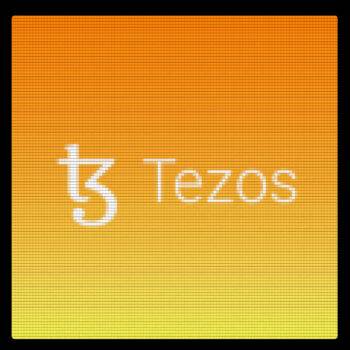|
thisCrowd - Audio Read
Getting your Trinity Audio player ready...
|
The Internal Revenue Service (IRS) is offering a reward of up to $625,000 to anyone who can figure out how transactions work with Monero (XMR), a special type of digital money known for keeping things private. The IRS is worried that bad people might be using Monero for things they shouldn’t, like ransom payments. They want help understanding how Monero works because they don’t have enough tools to investigate it.
Understanding the Challenge:
The IRS’s investigators are asking smart people for help. They want tools and programs to help them follow the trail of Monero transactions. Monero is like a secret money that’s hard to understand, and the IRS needs new ways to figure it out. They’re looking for outside experts who can share tools, computer code, and ideas to help the IRS understand Monero and other private digital coins better.
Monero’s Special Secrets:
Monero was created in 2014 by people who didn’t want to be known. It uses special tricks like unique signatures, secret proofs, and hidden addresses to keep transactions private. Even though everyone can see some parts of the transactions, Monero makes it really hard to figure out who’s involved. Because of this, the IRS wants to offer a big reward to anyone who can break Monero’s secret code.
Recent Discoveries in Finland:
People in Finland say they’ve made progress in figuring out Monero transactions. However, some experts say it might not be because they cracked Monero’s secret code. Instead, they think it’s because people using Monero might not be careful enough, giving away clues about their transactions. This makes it important for users to be careful with how they use Monero, even if Monero itself is still strong in keeping things private.
Challenges and Mistakes:
One expert, Csilla Brimer, explains that using Monero and other digital coins requires being really careful. If someone switches between different digital coins like Bitcoin and Monero too much, they might accidentally reveal some information. Brimer says that while Monero is good at keeping transactions private, it can’t protect people if they make mistakes in how they use it.
Concerns and Changes in the Digital Money World:
There are worries that more and more bad things are happening with digital money, especially since the pandemic started. Cybersecurity experts say that using traditional digital money like Bitcoin for bad things is becoming harder because it’s easier to track. So, some bad actors might start using other types of digital money like Monero. This is making government agencies and experts look for new ways to understand and control digital money.
What’s Happening in the Market:
Major digital money exchanges are also paying attention. Some have decided not to allow trading with Monero because of concerns about money laundering. Even the biggest exchange, Binance, has added a special tag to Monero, signaling that it might be riskier than other digital coins. This raises questions about whether Monero and similar private coins will still be allowed on big trading platforms.
Conclusion:
The IRS’s offer of a reward for understanding Monero’s secret code shows how important privacy coins are becoming in the world of digital money. While Monero is good at keeping things private, recent claims by investigators suggest there might be risks linked to how people use it. As rules and exchanges change, the future of digital money and its role in good and bad activities will continue to evolve. It’s important for young investors and those interested in digital money to pay attention to these changes and make smart choices in this ever-changing world.















































